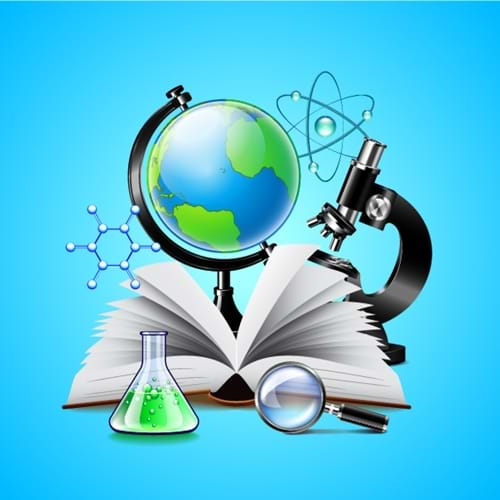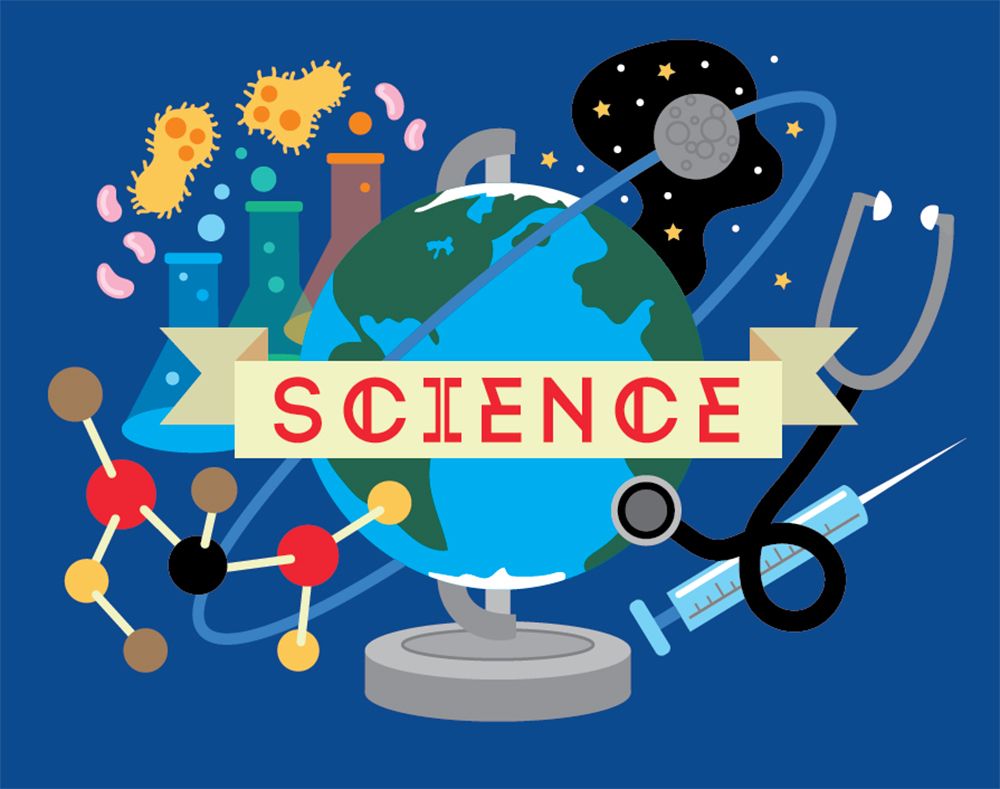Science and knowledge
Since the beginning of human life on earth, man has seen many phenomena and things that need to be discovered, knowledge and exploited for the best, in order to take all aspects of life and take advantage of them where these arbiter methods through the mind, which analyzes things and refutes them, resulting in knowledge of what is going on around it. The role of science as a general guide to everything that surrounds the human being comes as it is a complete opposite of ignorance, through which it is understood all about objects and everything that helps to develop the manifestations of evolution and facilitate the living for individuals, and in this article we will be talking about the definition of science.
The definition of science

Science is defined as the complete research on all aspects of life phenomena, in order to know the correct knowledge in terms of its functions, components and many facts. It can also be defined as the homogeneous and scientifically structured knowledge. This knowledge is carried out by searching through many concepts through experience, proof, measurement and observation in order to achieve full knowledge. It can also be defined as careful research in cosmic construction by well-thought-out methods such as trying, failing, research and observation.
Components of science
Science consists of the following main components:
- Processes: methods and means followed by the researcher that is doing the process to achieve the correct results.
- Ethics: The ethics of science is the scientific controller it controls, including the multitude of characteristics that the world must characterize.
- Results: This is the result of the facts, laws and research done by the scientist.
Types of science

The science is divided into several types in terms of subjects covered by them:
- Natural Sciences: Natural sciences are concerned with the study of nature, its characteristics and its contents. Among these sciences:
- Earth sciences and biology.
- Physical and chemical sciences.
- Astronomy.
- Health sciences such as medicine and its departments.
- Ecology.
- Engineering Sciences: A science that is interested in the development and construction of human, animal and plant users and the surrounding areas, including:
- The industrial engineering.
- Electrical and agricultural.
- Building and Architecture Engineering.
- Energy Engineering.
- Humanities: The humanities are interested in studying all aspects of human rights and their relations with the surrounding society, including:
- Economics.
- Political science.
- Anthropology.
- Sociology.
- Ideology.
- Cognitive Science: This type of science is concerned with neuroscience in general.
Characteristics of science
Science has many characteristics vary from one opinion to another. The most important characteristics can be summarized as follows:
- Scientific Realism: As a means of scientific research to achieve full access to realism.
- The neutrality of science: so that the human mind can understand what is science and its facts can be consistent with it.
- Scientific size: means the amount that can be measured or estimated on certain bases on the universe.
- Causation in science: by realizing that everything has a particular cause event and caused the emergence of these causes are considered to be related to the outcome of the event.




Thanks for update RGhttp://viagraoqwi.com/
lender payday lender instant cash loans payday loan direct lender
payday loans from direct lenders quick payday loan online money lender money lender
online loan loan online loan online installment loan online